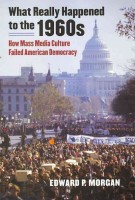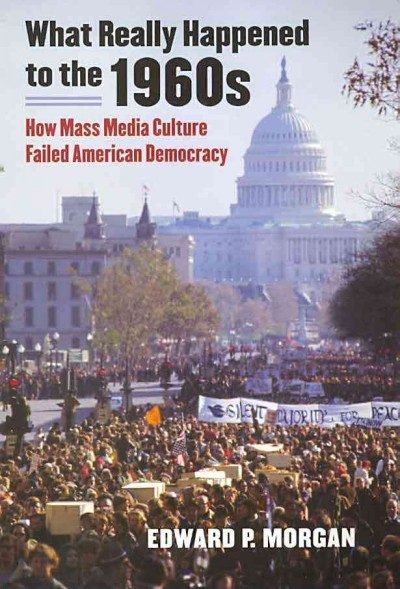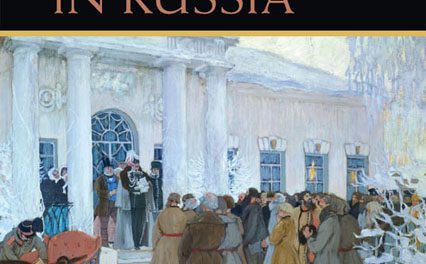 Author: Edward p. Morgan
Author: Edward p. Morgan
Publisher: University Press of Kansas
Book Review by: Paiso Jamakar
The author of this book, Edward P. Morgan, is the author of another book relating to the same period: The Sixties Experience: Hard Lessons about Modern America. Readers will notice that part of the full title of this book is ‘what happened to the sixties,’ not what happened in the sixties.
What happened to the sixties is that it was distorted by American corporate media. The protestors were mischaracterized and discredited. The basically negative image of the protestors – those who led and participated in the 1960s demonstrations – seems to have buried their protests. There messages seem to have been forgotten.
The 1960s was a period when students, young people, African Americans, and many other groups of people joined causes and organized or participated in rallies to make their thoughts and feelings known to the public.
It was a time for massive demonstrations of many kinds: anti-Vietnam War, the Civil Rights movement, killings of students at Kent State and Mississippi State universities, anti-discrimination rallies and the like. It was a time of bloodshed and turmoil but it was also a time when people rose and expressed their frustrations against those who oppressed them.
It was true democracy at work, followed by a half-century of nearly uninterrupted lull, with some exceptions of course.
The media of mass communication, especially television, did not paint a complete and accurate picture of the demonstrators in the sixties and express their true messages, the author Edward P. Morgan points out in this book.
As the title states, the mass media culture failed American democracy. Many of the protestors in the 1960s were characterized by American corporate media as a bratty bunch of youngsters with unshaven faces, long hair, clad with dashikis, smoking pot.
As a student of that period and observer of American media then and now, it is my opinion that the correct view of the genuine democratic movements of the 1960s protestors as genuinely venting their anger against the United States government for getting involved in Vietnam, denying African Americans their rights and other injustices, has over time been erased.
And that genuine view has now been nearly totally replaced by the media with the view that our nation “was somehow forced into ‘decline’ by a fringe network of hippies and Black Panthers,” states Mark Crispin Miller, author of Boxed In: The Culture of TV, on the back cover.
In his first chapter entitled The Past as Prologue: Distorted History – Declining Democracy, Morgan states that the “battles of the 1960s” were not, as simply and wrongly characterized by the media, as a generational quarrel. Instead those battles were about American interference in other countries, ecological destruction, equal rights, meaningful education, poverty, racism, sexism, the rat race, and other issues.
Today, some of these issues have been addressed, but others have cropped up, some of which are: government waste, high income taxes, and high property taxes in many states.
The largest problem facing Americans is deficit spending and massive addition to U.S. government debt by the White House and Congress. Government debt has shot up 57 percent from $10.626 trillion on January 20, 2009 to $16.700 trillion today, March 18, 2013, an increase of $6.073 trillion in a little over four years. State and local levels of debt have also soared.
Like in the sixties, American corporate mass media are not reporting the truth. But unlike in the sixties, I observe that today, people feel they are powerless to fight for change, to help reverse the rapid economic decline of the United States. The media do not report correct and in-depth economic news which is critical to people.
Sooner or later movements for change have to emerge, so that the mass media stops misleading consumers with their reports and puts them into proper perspective about the true economic condition of the United States, compelling leaders to arrest the rapid growth of government debt. First step would be a constitutional amendment for a balanced budget, effectively immediately.
This is a well-researched, well thought-out and well written book on the 1960s and how the mass media failed American democracy, by Edward P. Morgan, who is University Distinguished Professor of Political Science at Lehigh University.







